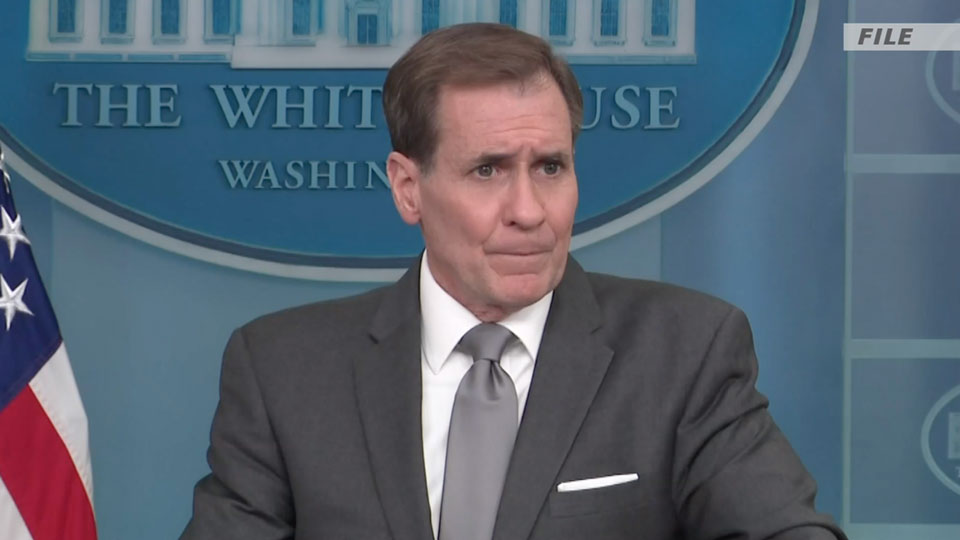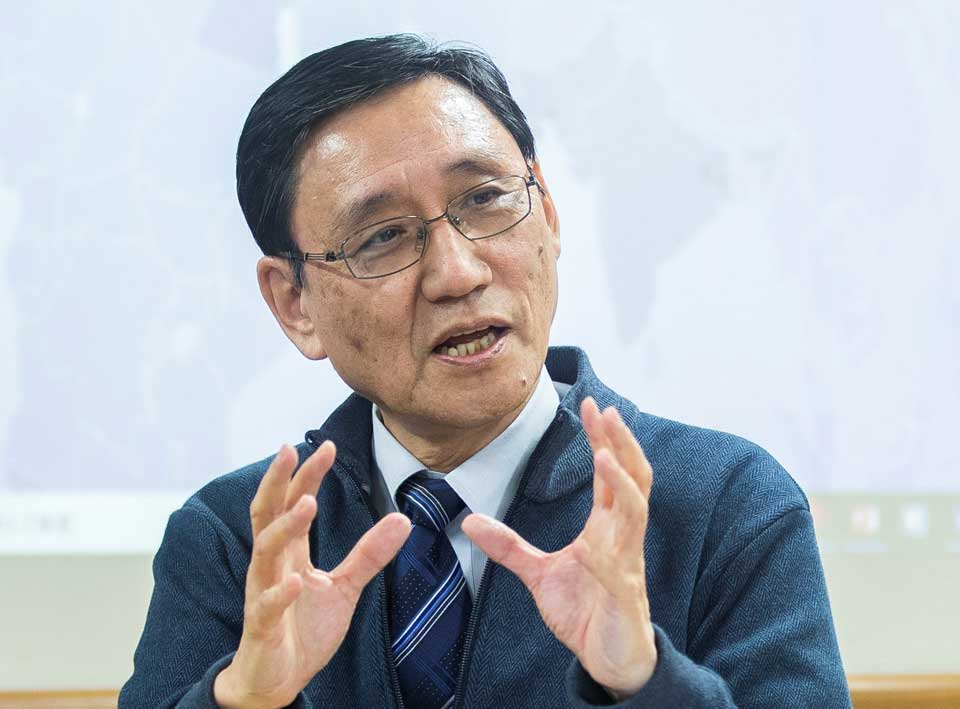Ukraine's foreign ministry has called on the council's permanent members to intervene to counter what it describes as "the Kremlin's nuclear blackmail."

Belarus: Nuclear weaponry necessary for security and defense
Belarus's foreign ministry says the weaponry it will host is necessary to strengthen its own security and defense capabilities.
The ministry issued a statement on Tuesday claiming the nuclear plans do not contravene international non-proliferation agreements.
US to stop nuclear data-sharing with Russia
A senior United States official says Washington will stop providing Russia with information on strategic nuclear weapons, citing Moscow's failure to comply with New START, a nuclear arms reduction treaty between the United States and Russia.
White House National Security Council spokesperson John Kirby told reporters on Tuesday that Russia has not been in full compliance and refused to share biannual data. "We have decided to likewise not share that data," he explained.

Kirby said the pact is important not just for the US and Russia, but for the entire world. He said the US would prefer to be able to share information again, but Russia must show the same willingness.
New START: The only remaining arms control treaty between the two powers
Last month, Russian President Vladimir Putin unilaterally declared that he would put the bilateral nuclear treaty on hold. US President Joe Biden called the move a "big mistake."
New START is the only remaining arms control agreement between the two biggest nuclear powers. It caps each country's nuclear warheads at 1,550 and requires both countries to share details including number and locations.
The treaty also gives each side the right to inspect other's nuclear facilities multiple times annually, though that process has been halted since 2020 because of the pandemic and the war in Ukraine.

The treaty reflects a decades-long negotiating effort on arms control between the two countries, which between them possess more than 90 percent of the world's nuclear warheads.
Expert concerned about escalating risk

Suzuki Tatsujiro, a professor at Nagasaki University's Research Center for Nuclear Weapons Abolition says Russia's latest move escalates the nuclear threat.
Suzuki told NHK on Wednesday that Moscow appears to be countering Western countries that continue military support for Ukraine amid Russia's invasion.
He believes that risks are increasing with the US decision to stop the exchange of key data on its nuclear arsenal. Suzuki worries that communication is worsening and that could lead to misunderstandings.
"We can no longer expect a good outcome from nuclear arms control negotiations between the US and Russia," he warns, suggesting a new framework involving other nuclear states such as China, India, Pakistan and North Korea.
